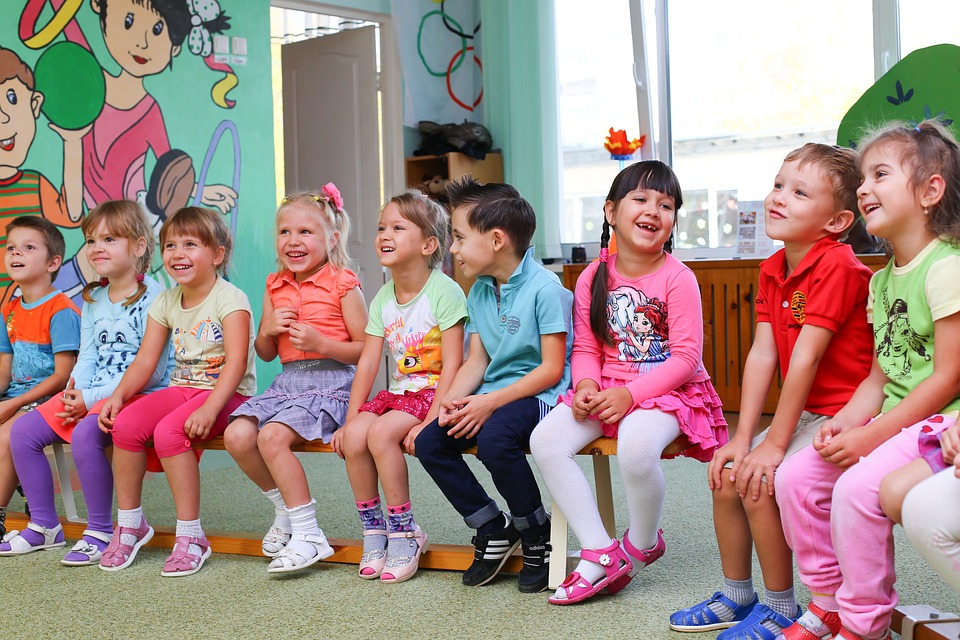
This February’s Educational Researcher journal includes a new research study that compares various academic skills, as shown by Kindergarten students. The study, which compares overall student competencies, for Kindergarten students of different years, was undertaken by researchers who have done this sort of study before. The prior study, though overseeing a different time period, similarly put Kindergarten classrooms and their students under an academic microscope.
Kindergartners should have more Academic Skills. It would better them to stay in school longer.
This year’s study compared Kindergarten students enrolled in 2010, finding them to have more heavyweight skills in literacy math and behaviour than their counterpoints of 12 years prior. A 2014 study, undergone by the same research team, found that modern Kindergarten classrooms have more in common with 1st grade units of years ago. One associate professor of education, Daphna Bassok, cautions against raising the academic bar, however, merely because today’s Kindergartners may be better versed in quantitative knowledge and literacy abilities, such as the know-how to identify upper and lowercase letters. Keeping Kindergarten “engaging for kids,” according to Bassok, is the way to go.
Key Takeaways:
1
Children know more than they did twelve years ago, according to standardized testing.
2
Many say this is because Kindergarten is the new first grade, meaning students are learning sooner and faster.
3
The trick is to make kindergarten fun, engaging, and a learning environment with such young children.
Read the full article here:
http://www.readingrockets.org/news/study-kindergartners-start-school-more-academic-skills-past
http://www.readingrockets.org/news/study-kindergartners-start-school-more-academic-skills-past
Do You Need help with a Learning Difficulty?
Our simple online analysis will help you get to the core of the problem and find the right solution for you.
Understanding how to help someone with a learning difficulty starts with understanding which micro-skills are affected. When you learn which of the micro-skills is the problem, you will then be on your way to solving it.
You'll also learn how to:
- Build confidence
- Enhance Learning ability
- Eliminate avoidance
- Build grit
You can get this analysis for free by filling out this simple form. This will help you get to the bottom of a learning difficulty and provide you with a solution. If you are ready to put this problem behind you click the button below and fill out the form.










